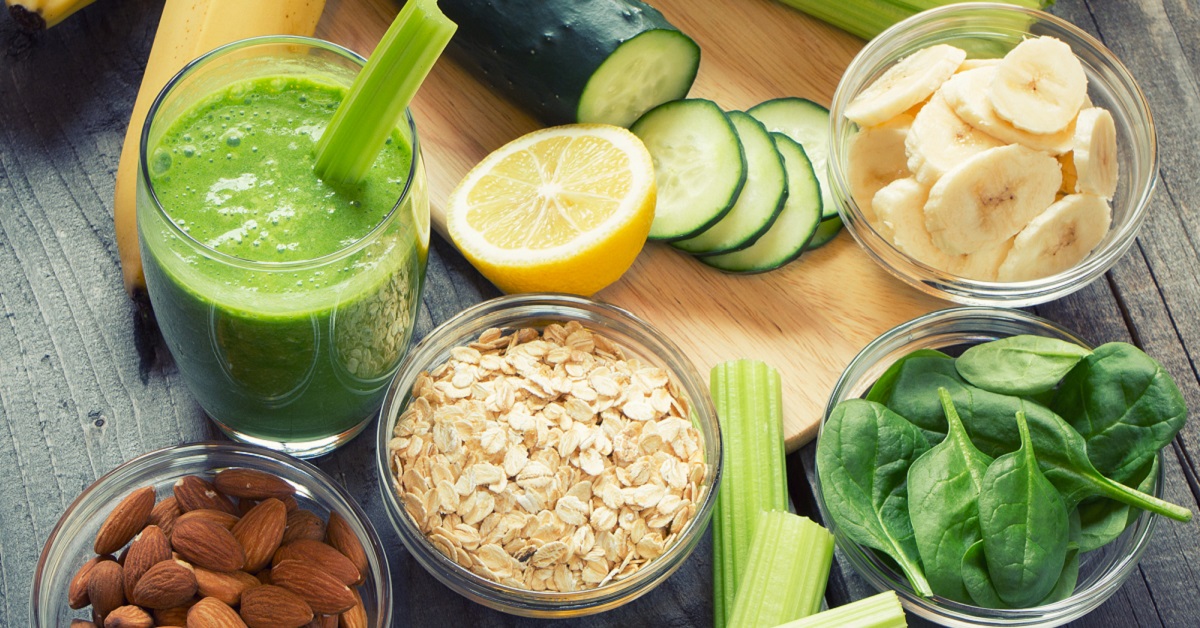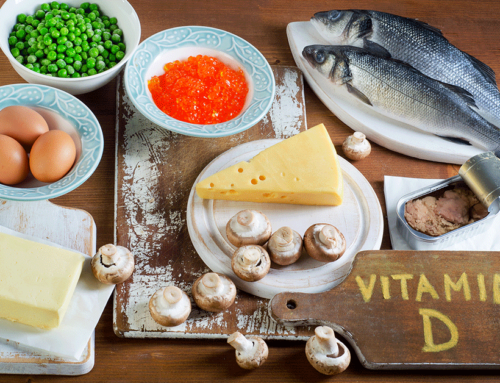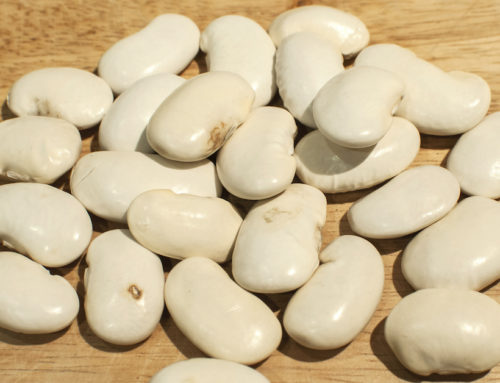You’ve heard for decades now how eating more fruit and vegetables can lower your risk of heart disease, stroke, diabetes, cancer and obesity. And for readers of this newsletter, you also know a diet like this can dramatically reduce your risk of Alzheimer’s.
But what plant chemicals found in these foods are responsible for powerful brain protecting benefits? That’s what a team of U.S. scientists wanted to find out, and find out they did.
Flavonols Reduce Risk of Alzheimer’s Disease by 48 Percent
Fruit and vegetables are rich in different bioactive phytochemicals, many of which are known to possess numerous health properties. One large class of phytochemicals, called flavonoids, also have different bioactive components. Among these are flavonols.
Researchers from Rush University in Chicago studied flavonols’ impact on Alzheimer’s disease.
The research, led by Dr. Thomas Holland, analyzed data from 921 people with an average age of 81. All were free of Alzheimer’s at the start of the six-year study.
Each year participants filled out a food frequency questionnaire and underwent cognitive tests. They were also asked about their education, physical activity, and involvement in mental pursuits such as work or hobbies.
Over the course of the study, 220 people developed Alzheimer’s.
Dr. Holland found that patients with the highest flavonol intake were 48 percent less likely to develop Alzheimer’s than participants with the lowest flavonol intake. These results stood firm even after researchers took into account age, gender, health status, genetic predisposition, demographic and lifestyle factors.
These results are remarkable to say the least, and beg the question, what are the specific flavonols in question? Here’s what the research revealed…
Kaempferol Offers The Greatest Memory Protection
As you probably know if you care about nutrition, many different flavonols are found in fruits and vegetables. The researchers looked at different types in the participants’ diets and isolated them to see which flavonols produced the greatest brain benefits.
They found that a higher intake of the flavonol quercetin did not lower Alzheimer’s risk. (It is valuable for other reasons, though.)
Meanshile, flavonolsisorhamnetin and myricetin reduced the risk of Alzheimer’s disease by 38 percent each.
Meanwhile, flavonolsisorhamnetin and myricetin reduced the risk of Alzheimer’s disease by 38 percent each.
The best performer? The flavonolkaempferol, which slashed the risk of Alzheimer’s by an incredible 51 percent.
Dr. Holland excitedly reported, “[T]hese are promising findings. Eating more fruits and vegetables and drinking more tea could be a fairly inexpensive and easy way for people to help stave off Alzheimer’s.
“We believe that the beneficial association we found is due to the antioxidant and anti-inflammatory properties of flavonols.
“My message would be to eat your fruits and vegetables, particularly dark leafy greens, and drink some tea every now and again. A healthy diet that contains various fruits and vegetables is critical for continued health, especially brain health, and is a strong component of a healthy lifestyle.”
If you’re curious, here’s the list of Alzheimer’s fighting flavonols from strongest to weakest, keeping in mind that they all help your health in some way.
1.) Kaempferol: in kale, beans, tea, spinach and broccoli
2.) Isorhamnetin: in pears, olive oil, wine and tomato sauce
3.) Myricetin: in tea, wine, kale, oranges and tomatoes
4.) Quercetin: in tomatoes, kale, apples and tea
Other researchers are encouraged by the research but aren’t convinced of the benefit of isolated antioxidants.
Follow a Healthful Diet Pattern
Professor Tara Spires-Jones, a neuroscientist from the University of Edinburgh, Scotland, believes the flavonol study was well conducted, but emphasized that this was an observational study and cannot prove without a doubt that a higher intake of flavonols is the cause of the reduced risk of Alzheimer’s.
Other experts wrote that the main problem with observational research is that there are so many other nutrients and plant compounds in the diet that it’s hard to separate the effect of flavonols alone.
Food scientist Gunter Kuhnie from the University of Reading, England, explained that foods not only contain flavonols but “many other compounds as well and it might be that these compounds are much more relevant.
“…it is likely that the observed associations are simply due to a dietary pattern rich in specific foods,” he said.
Likewise, Dr. Ada Garcia from the University of Glasgow, Scotland, agreed, saying that “when the authors considered the effect of consuming other nutrients such as omega-3, vitamin E, folate and lutein, which have similar actions to flavonols, then the protective effect of flavonols was no longer present.”
She said the best approach for the public to follow is not to focus on isolated flavonols but to follow “a ‘healthful diet pattern’ which includes a variety of foods such as fruits, vegetables, oily fish, seeds, nuts, [and] legumes.”







